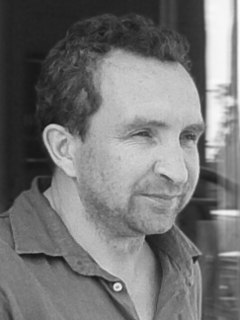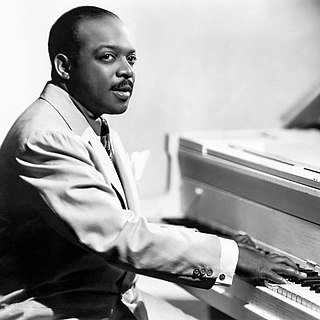A Quote by Zawe Ashton
When I'm doing a play like 'Betrayal,' I have to be careful not to get stimulation overload.
Quote Topics
Related Quotes
I know that disavowal is an unusal form of betrayal. From the outside it is impossible to tell if you are disowning someone or simply exercising discretion, being considerate, avoiding embarrassments and sources of irritation. But you, who are doing the disowning, you know what you're doing. And disavowal pulls the underpinnings away from a relationship just as surely as other more flamboyant types of betrayal.
I get a lot of people saying to me, 'Oh, you're the actor who plays the nutters,' and I'm not. I'm the guy who plays human beings. I understand why the characters are doing what they're doing. When you play a villain, you don't play a villain: you play a human being doing what he thinks he needs to do to get what he wants.
Normal people have an incredible lack of empathy. They have good emotional empathy, but they don't have much empathy for the autistic kid who is screaming at the baseball game because he can't stand the sensory overload. Or the autistic kid having a meltdown in the school cafeteria because there's too much stimulation.
Any successful corporation, if they adopt the three, they're going to be not just wealthy but they're going to be balanced. A lot of corporations adopt exercise, discipline, no affection. But you must maintain the three, because it's part of what you need. You need physical stimulation, you need mental stimulation and of course you need emotional stimulation.



































